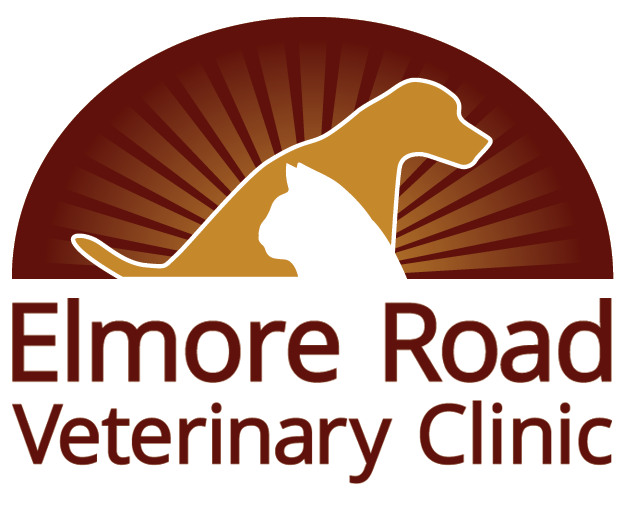Sharing the Sniffles: Can Dogs Get Colds?
With winter upon us, it’s time to prepare for cold and flu season. When you’re under the weather, you may push your pet away to avoid passing along that snotty nose or tickle in your throat. But, rest assured that your case of the sniffles can’t be transmitted to your cuddly canine, and, if he’s feeling under the weather, his cold or flu virus can’t be spread to you or other human members of your family. But, be aware that these illnesses are highly contagious within the same species.
What is canine infectious respiratory disease?
Commonly referred to as kennel cough or infectious tracheobronchitis, canine infectious respiratory disease (CIRD), is more complex than just coughing or tracheal inflammation. A multitude of bacterial and viral agents can contribute to CIRD in dogs, often with a combination of bacterial and viral components, including:
- Parainfluenza
- Mycoplasma
- Adenovirus-2
- Respiratory coronavirus
- Herpesvirus-1
- Canine influenza
- Canine distemper
- Bordetella bronchiseptica
Quite frequently, the virus appears first and causes signs of illness, then is compounded by a secondary bacterial infection. Most cases of CIRD are a result of several different agents working together to cause disease. As this respiratory disease complex grows and changes, it can be difficult to control outbreaks, similar to human cold and flu illnesses.
What are the signs of canine infectious respiratory disease?
Most commonly, owners complain of a goose honk-like cough in dogs suffering from CIRD. In addition to that widespread symptom, be on the lookout for these signs:
- Hacking
- Retching or gagging
- Sneezing
- Eye discharge
- Nasal discharge
- Fever
- Decreased appetite
- Lethargy
How is canine infectious respiratory disease spread?
As with most respiratory diseases, CIRD is highly contagious. There are two distinct routes of transmission, regardless of whether a bacteria or virus is causing the illness:
- Direct contact — Nose-to-nose contact easily allows disease-causing agents to hop from pet to pet. Coughing and sneezing releases bacteria or virus particles into the air, which effortlessly infect others.
- Indirect contact — Fomites, or objects that aid in transmission of disease, smoothly pass an illness from a sick pet to the fomite—like dishes or bedding—and onto a healthy pet. Respiratory disease-causing agents hitch a ride on any object that comes into contact with a coughing or sneezing dog, and can rapidly spread disease.
How is canine infectious respiratory disease treated?
As with any viral illness, supportive care is really the only option. Keep your dog warm, hydrated, and appropriately fed to help her kick a viral respiratory disease. If her illness is compounded with a bacterial component, antibiotics are warranted. Often, cough suppressants are prescribed to help everyone in the household get a good night’s rest. To help prevent your dog from coughing, consider switching to a harness instead of a collar during walks; additional pressure on the throat can be irritating and cause your pup to cough even more.

How can canine infectious respiratory disease be prevented?
Depending on the agent, disease may be almost entirely prevented by following an appropriate vaccination protocol. Distemper is one such example. While it’s easy to vaccinate for this virus, if your dog contracts this disease, it can cause a variety of lifelong symptoms, ranging from respiratory illnesses to neurological issues and even death. In contrast, some vaccinations only serve to lessen the severity of signs seen if your dog picks up a bug. Bordetella and influenza are two such agents that can still cause illness if contracted, but the symptoms should not be as severe as they would be for an unvaccinated dog.
In addition to staying up-to-date on vaccinations for your pet, you can avoid situations known to transmit CIRD, such as:
- Staying at daycare or boarding facilities known to have outbreaks
- Entering pet stores that allow unvaccinated pets
- Playing at dog parks that do not require appropriate vaccinations
- Visiting sick pets
- Not practicing good hygiene habits
Keep your pet healthy and safe by vaccinating appropriately and washing your hands, bowls, and bedding that may have come into contact with a sick dog. Also, consider changing or disinfecting your clothes before your canine friend gets a sniff.
Worried about your coughing canine? Schedule an appointment.

